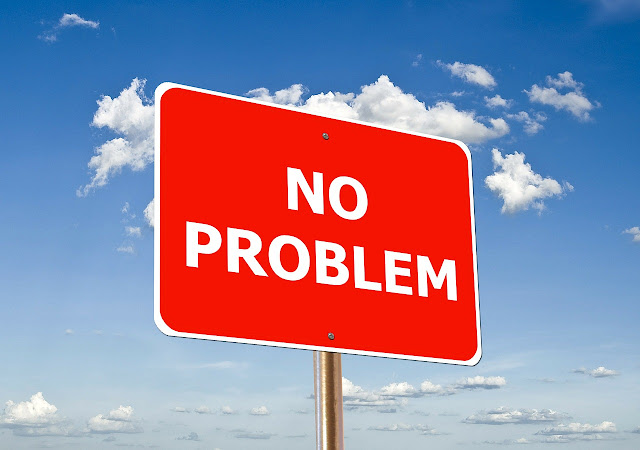A couple visited a lovely restaurant. The employee who escorted them to their table was also their waiter. When the couple thanked him, he responded: "No problem." When they thanked him for bringing the menu, he replied once again: "No problem." The same when they ordered, and when he brought them their food... Eventually, the couple lost count, with the phrase "no problem" ringing in their ears like a bad joke.
However, what the waiter didn't know, and what many employees working in customer service don't realize, is that the term "no problem" is somewhat problematic (ironic, isn't it?) when used to accompany a customer's "thank you." It's considered a weak professional and weak positive phrase (it contains two negative terms), which can be perceived as an annoyance to a customer's request.
By saying "no problem" in response to a customer's request or when the customer says thank you, the customer perceives that what they're asking for is a problem. For some, it's interpreted as: "Hey, I was busy doing something, but don't worry, even though you're interrupting me, I'll take care of you."
Instead of saying "no problem," more positive phrases could be used to make the customer feel important and respected, such as: "My pleasure," "You're welcome," or "Glad I could help."
Related articles to read: When to respond ''I don't know'' to a customer {alertInfo}

